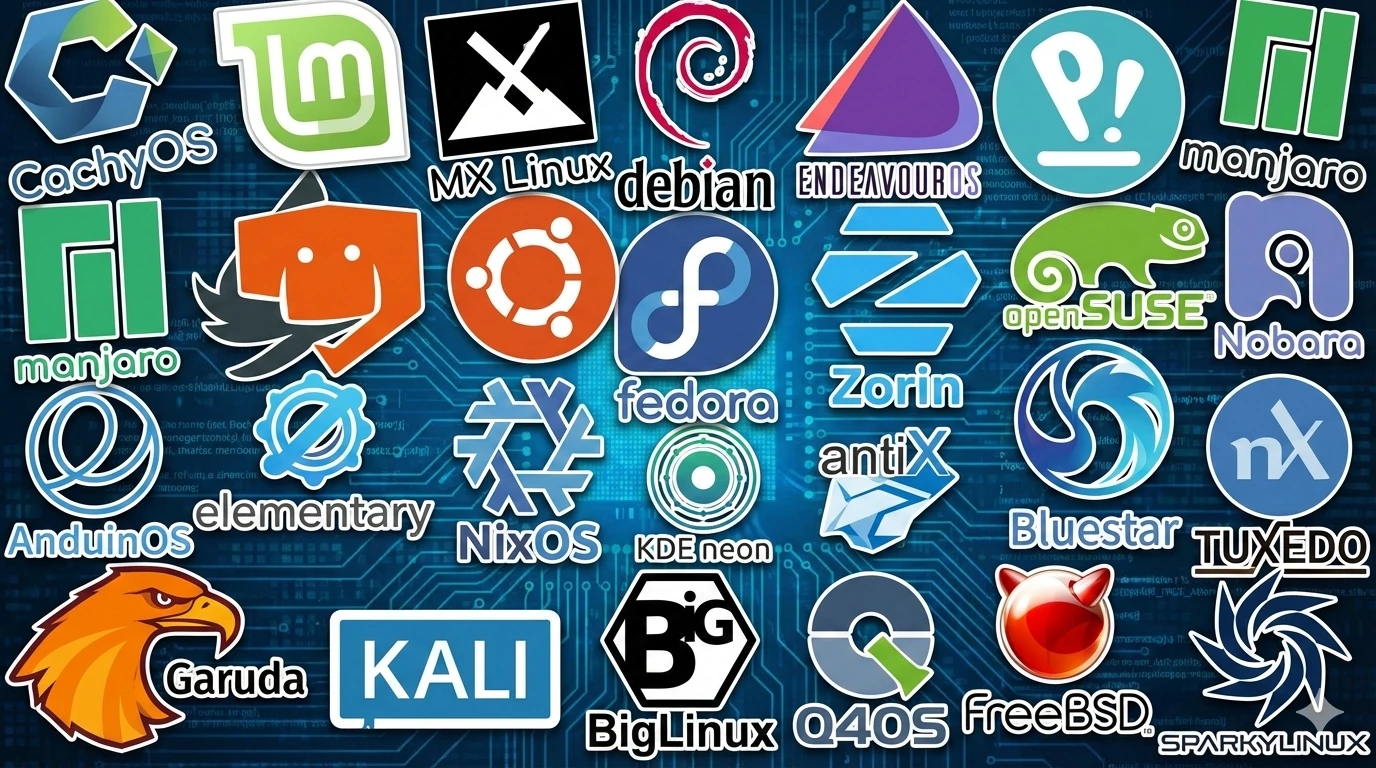There isn’t a single “best” or “primary” programming language for building Linux applications, as it largely depends on your specific needs, preferences, and the nature of the application you’re developing. Linux is a versatile operating system that supports a variety of programming languages. Here are some commonly used languages for Linux development:
- C: C is one of the most widely used languages for developing Linux applications. The Linux kernel itself is primarily written in C. Many system-level applications, libraries, and utilities on Linux are also written in C.
- C++: C++ is an extension of C and is also widely used in Linux development. Many large-scale projects and applications, including desktop environments like KDE, are written in C++.
- Python: Python is a high-level, interpreted language that is popular for its readability and ease of use. Many Linux utilities and scripts are written in Python, and it’s widely used for various purposes, including system administration and scripting.
- Java: Java applications can run on Linux using the Java Virtual Machine (JVM). Java is often used for developing cross-platform applications, and many enterprise-level applications are written in Java.
- Go (Golang): Go is a statically typed language developed by Google. It has gained popularity for its simplicity, performance, and concurrency support. Some Linux applications and tools are written in Go.
- Rust: Rust is a systems programming language known for its focus on safety and performance. While it’s not as prevalent as C or C++, Rust has gained popularity for developing systems-level software on Linux.
- Shell scripting languages (e.g., Bash): For writing system scripts and automation tasks, shell scripting languages like Bash are commonly used on Linux.
Ultimately, the choice of programming language depends on factors such as the nature of your project, your team’s expertise, performance requirements, and personal preferences. Many Linux applications also use a combination of languages, with different components written in different languages based on their strengths and suitability for the task at hand.
The 25 Most Popular Linux Distributions of 2025: A Complete Guide
*An expert overview of the top-ranked Linux distros based on DistroWatch’s latest 12-month ran…
Is Gentoo Linux user friendly enough once it’s fully set?
Short answer: once Gentoo Linux is installed and configured, it can be perfectly “user-friendly” to …
10 Emerging Linux Distros to Watch in 2026
In the Linux ecosystem, gravity tends to pull us toward the giants—Ubuntu, Fedora, or Mint. But if 2…


